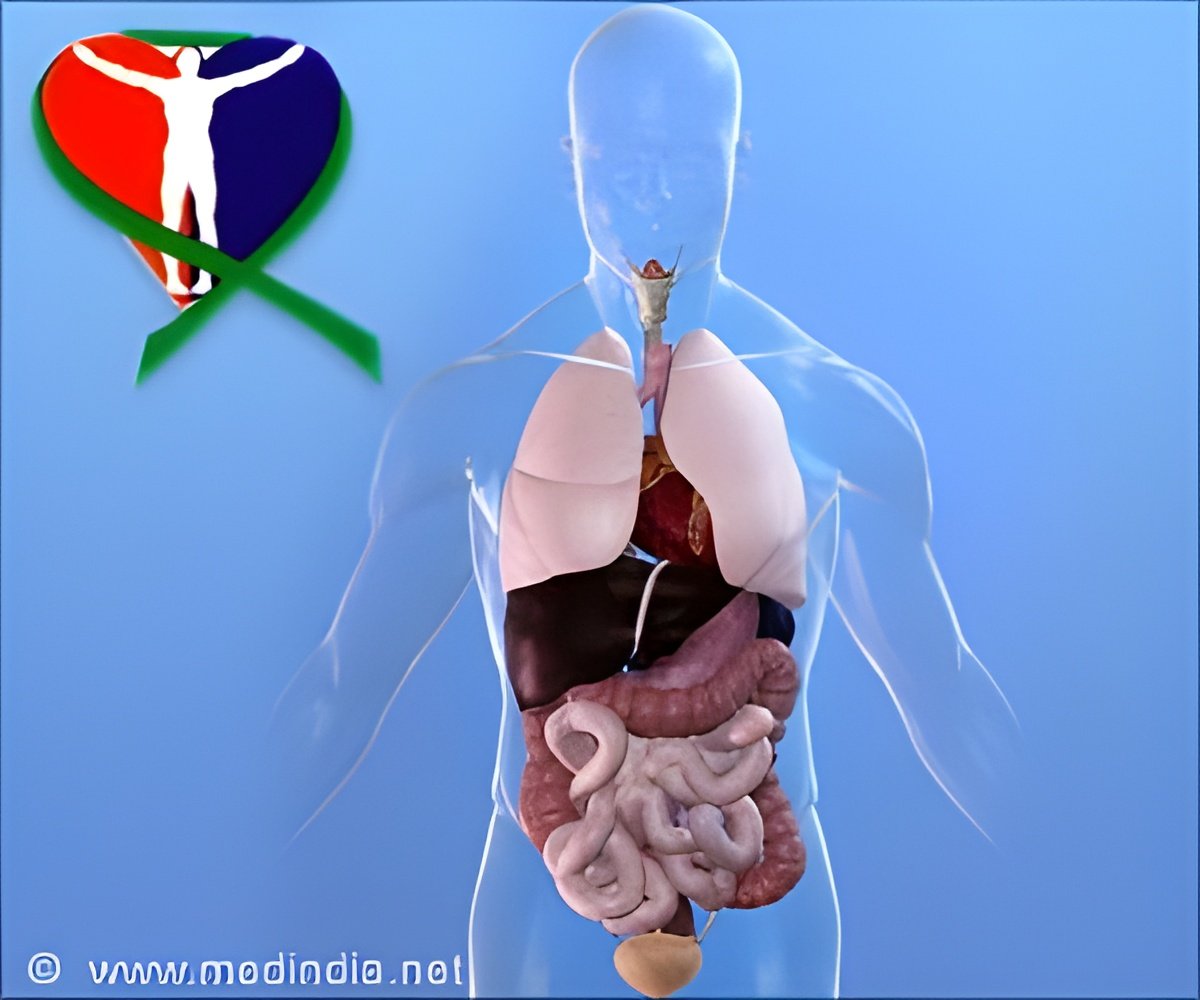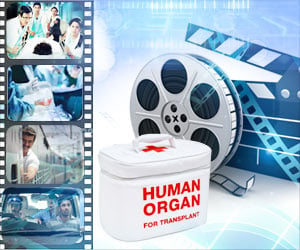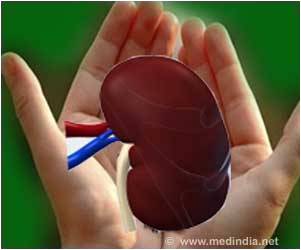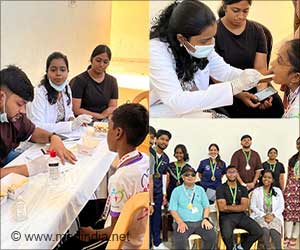
“As we follow the arc of change from removing disincentives like loss of wages and travel costs, we must move to considering incentives for donation like health insurance post-donation to ensure the long-term safety of donors,” said lead author Daniel Salomon, MD, of The Scripps Research Institute, in La Jolla. “However, when speaking in terms of removing disincentives and considering incentives, there is little agreement on exactly where the line exists separating the two.” Dr. Salomon, who helped organize the workshop with Alan Langnas, DO, of the University of Nebraska, noted that it is important to involve a wide range of stakeholders - including physicians and surgeons, government officials, patients and families, ethicists, and legal scholars—in discussions on how to define that line.
Some individuals may feel that any kind of financial payment, including health insurance provision, is off the table for ethical reasons or because it could gravely damage the current organ donor process that is based on altruism. Dr. Salomon and his colleagues feel that such viewpoints may be too simplistic, and they would like to see studies designed to cautiously but effectively determine the true potential and impact of incentives of different kinds in the United States. “Which of our current assumptions are true, what innovations will be effective, what unintended consequences (including impacts internationally) will be realized, and what will ultimately be acceptable in legal, ethical and personal terms? Answering these questions should be the purpose of well-designed and critically reviewed pilot projects,” they wrote.
An accompanying viewpoint article provides an ethical justification for conducting a pilot study of a federally regulated approach to providing financial incentives to living kidney donors, with the goal of assessing donors’ perceptions. A second accompanying viewpoint, however, states that if human organs become commodities they will most certainly be obtained from the most financially vulnerable in society. Therefore, instead of introducing payments or incentives, the authors believe that the number of organs available for transplantation should be increased only by removing all financial disincentives for organ donation.
Advertisement









